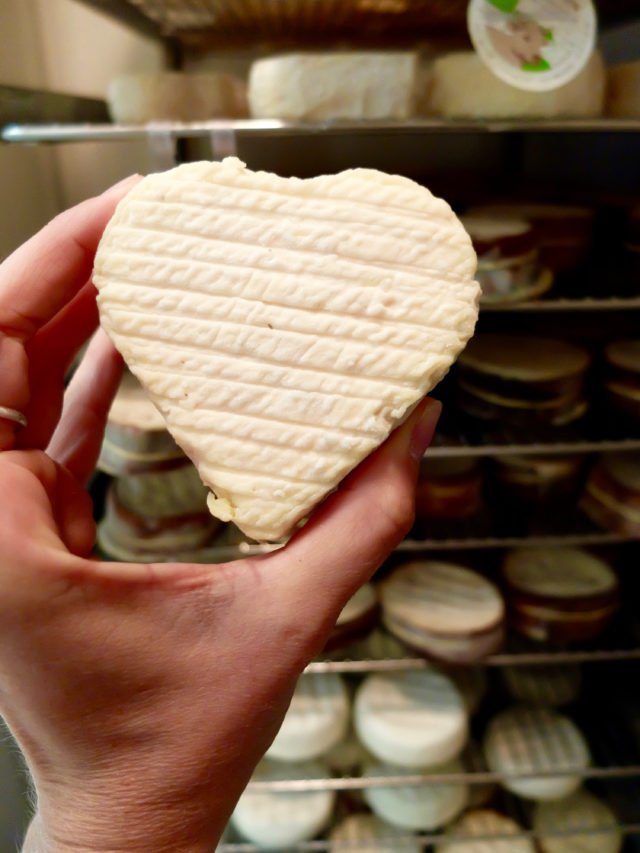
Great Cheese (and Goat Cheese) is Good at Any Hour

Great Cheese (and Goat Cheese) is Good at Any Hour
Chèvre in Marseille
I did not expect my first milking on a farm to happen in France’s second-largest city.
Yet, there I was, boarding Marseille’s métro before dawn, to make it in time for the 7 a.m. traite. An hour later, I was still within city limits, in front of a wrought-iron gate with bags of stale baguettes propped up against it: food for the livestock, I would later learn. I headed towards the barn, the morning calm broken by chicken clucks. My stomach growled, hoping that there were eggs for breakfast.
If you could pluck a farm from pastoral Provence and airdrop it into the one of the poorest parts of Marseille, this is the Tour des Pins farm. Tucked away in the Quartiers Nord, an area with a reputation for drug deals, not cheese wheels, most locals are oblivious to its existence and the Sardinian sheep and Anglo-Nubian goats that graze freely on 15 spacious acres.
The pedagogical farm meets fromagerie is run by Marie Maurage, a feisty cheesemaker whose own Alpine farm was damaged by a mysterious fire. In line with Marie’s belief that everyone should have access to farm-fresh food, the Tour des Pins serves as a field-trip destination for urban kids. Alongside a soundtrack of bleats and baahs, they learn that milk comes from mammals—not the plastic bottles bought at the corner store.
Joe, a farmhand, welcomed me, surrounded by beautiful goats whose caramel coats matched his southern tan. In groups of ten, the goats dutifully filed up the ramp into the milking station. Joe attached their teats to hoses, flipped a switch and milk streamed into metal buckets by my feet.
The whirring pumps lulled the goats into a trance. When it was the sheep’s turn, they jostled as if techno music was blaring through the barn.
Marie joined us, showing me how the creamy milk gets poured into Alpine copper kettles for fromage frais, and how she wraps brebis in cedar for a local chef. Proud of her product, she offered me a taste of the classic chèvre. I popped a wedge in my mouth—its grassy tang was as pure as the organic milk with which it was made. Within minutes I had gobbled the entire disk.
“I didn’t have time to eat breakfast,” I explained, hoping to avoid being perceived as a greedy American. She handed me another one shaped like a heart. “Great cheese is good at any hour,” she smiled.
Though France has over a thousand fromages, cheese isn’t commonly eaten for breakfast, except in the colder north or mountainous east, where Swiss traditions spill into the Alps. But here at Tour des Pins it felt like the best way to start the day.